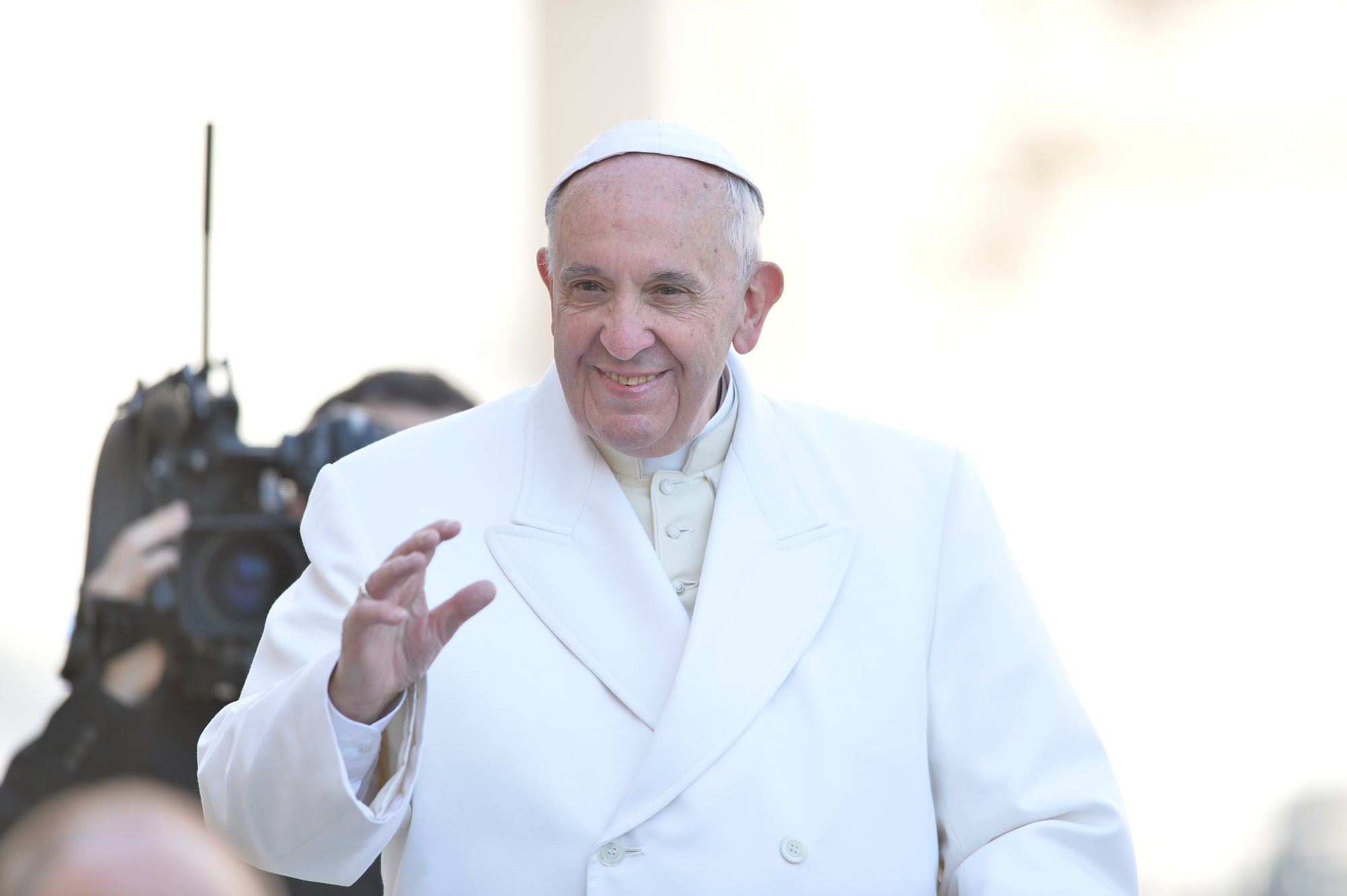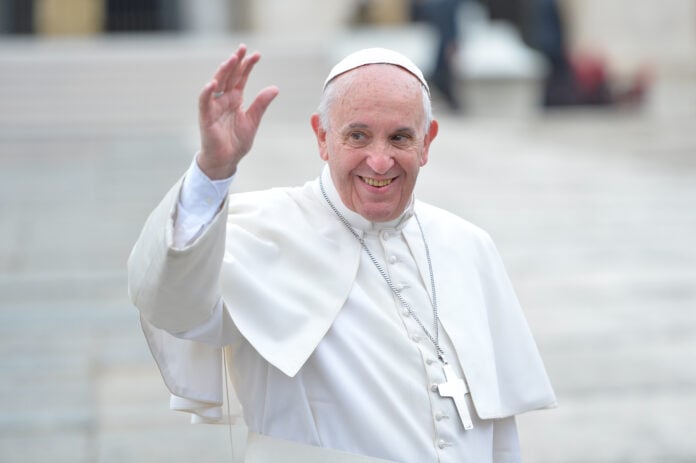On April 21, 2025, one day after he gave his Easter blessing, the world mourned the passing of Pope Francis, born Jorge Mario Bergoglio on December 17, 1936, in Buenos Aires, Argentina, who served as the 266th pontiff of the Roman Catholic Church.
Pope Francis was the first pope from the Americas and the first Jesuit to assume the papacy. The son of Italian immigrants, he was raised in a working-class family and developed a deep empathy for the poor and marginalized from a young age. After studying chemistry and working briefly in a food laboratory, he felt called to the priesthood and joined the Society of Jesus (Jesuits) in 1958. Ordained in 1969, he went on to serve as Archbishop of Buenos Aires before being appointed cardinal in 2001 by Pope John Paul II. He was known for his simple approach and famously took public transport, cooked his own meals, and lived in a modest apartment.
When he was elected pope on March 13, 2013, following the resignation of Pope Benedict XVI, Jorge Bergoglio chose the name Francis, in honor of Saint Francis of Assisi, a figure associated with humility and peace. As pope, he quickly became known for his progressive stance on social issues, commitment to interfaith dialogue, and his focus on mercy over judgment. He challenged the Church to be more inclusive and attentive to the realities of the modern world. His papacy also brought new energy to long-standing issues such as climate change, migration, and economic inequality. These causes that would resonate in the many nations he visited, including Portugal.
Pope Francis’s Visits to Portugal
Pope Francis made two significant visits to Portugal during his papacy. The first was in May 2017 to commemorate the centenary of the Marian apparitions in Fátima, which was a pivotal event in Catholic history. The second visit occurred from August 2 to 6, 2023 for the 37th World Youth Day (WYD) in Lisbon.
World Youth Day 2023 in Lisbon
Originally scheduled for 2022 but postponed due to the COVID-19 pandemic, WYD 2023 in Lisbon became a monumental gathering of faith and unity. The event drew approximately 354,000 registered pilgrims from over 200 countries. This included 688 bishops and over 25,000 volunteers.
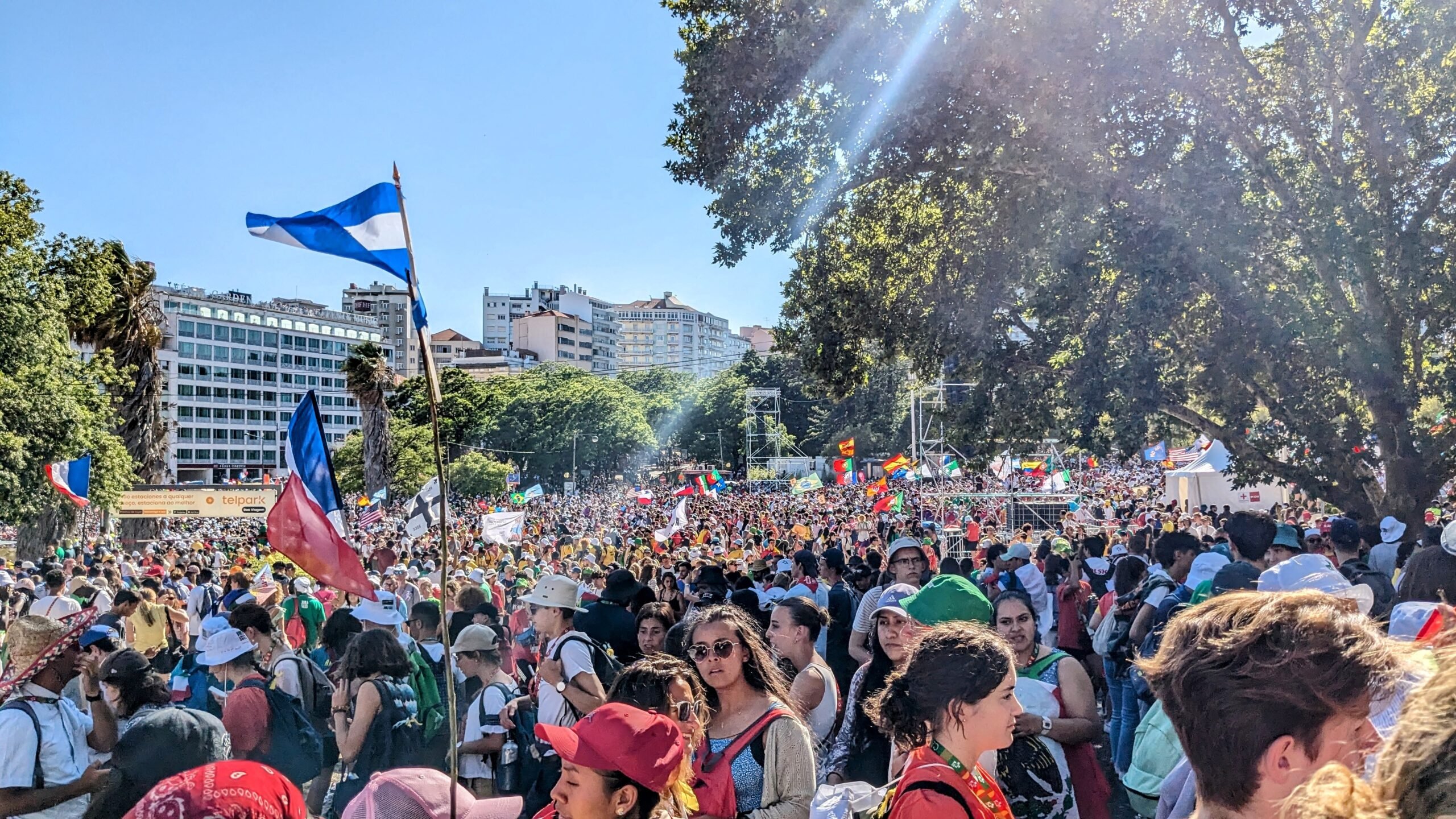
Pope Francis’s itinerary during this visit was both extensive and symbolic. Upon his arrival, he met with Portuguese President Marcelo Rebelo de Sousa and Prime Minister António Costa. He engaged with university students at the Universidade Católica Portuguesa and visited the Scholas Occurrentes headquarters in Cascais. During his visit, he emphasized the importance of youth in shaping the future.
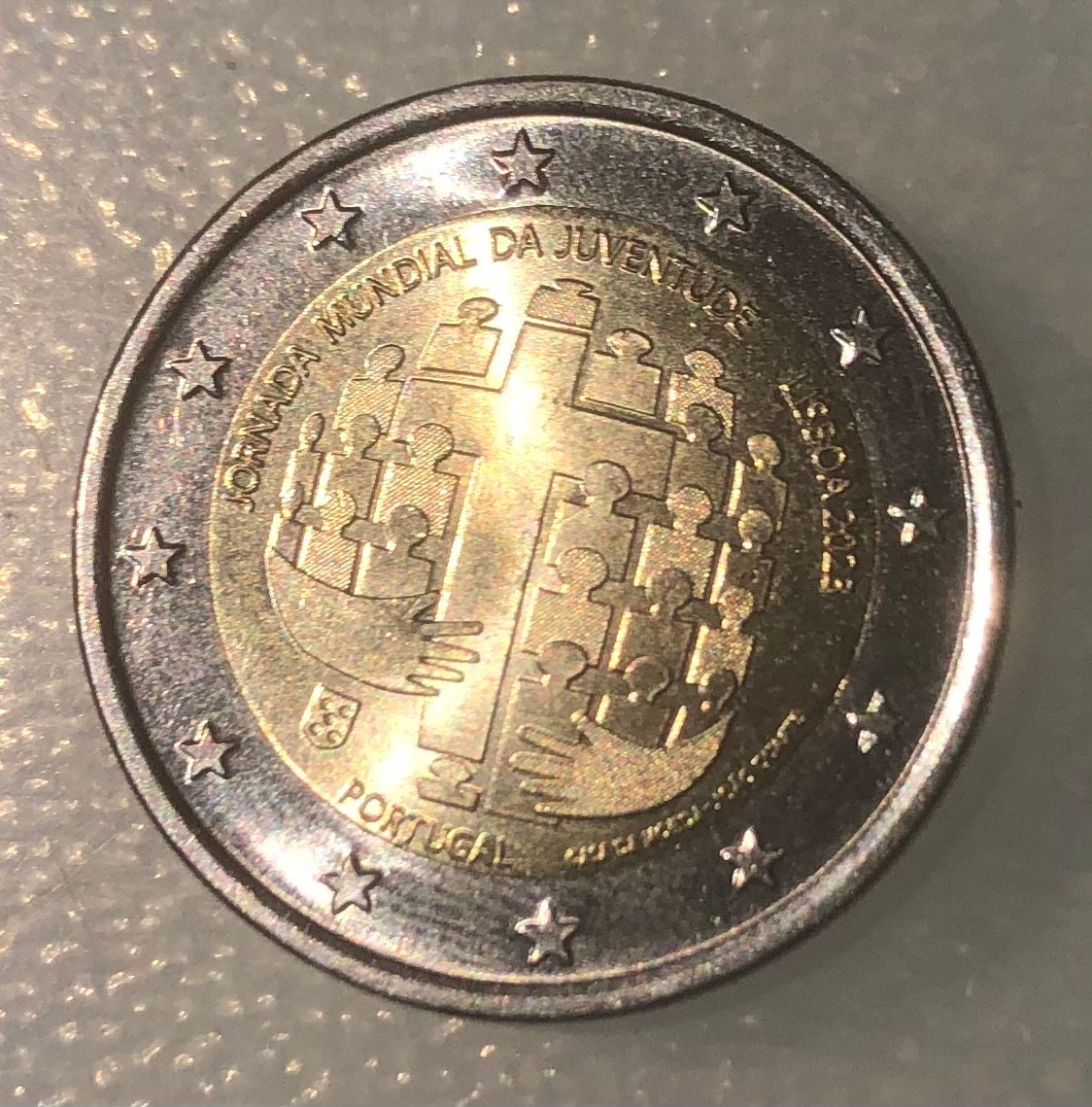
A highlight of the visit was his journey to the Shrine of Our Lady of Fátima on August 5, where he prayed the Rosary with approximately 200,000 believers. The culmination of WYD was a Mass at Parque Tejo in Lisbon, attended by an estimated 1.5 million people. In his homily, Pope Francis encouraged the youth to be “beacons of hope in dark times” and reinforced his message of compassion and resilience.
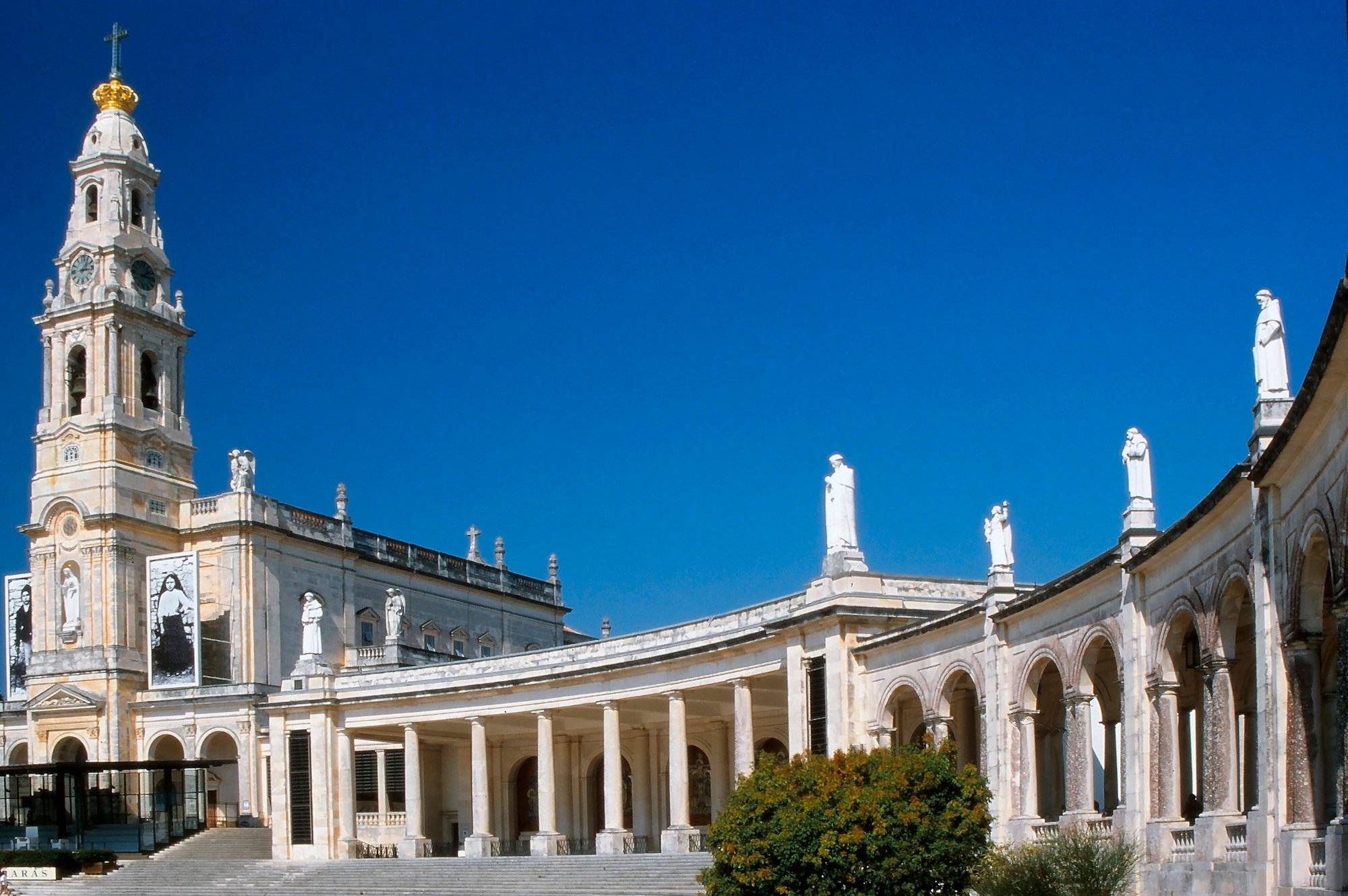
Pope Francis’s Legacy and Connection to Portugal
Pope Francis’s visits to Portugal demonstrated his deep connection to the country’s spiritual riches. His presence in Fátima and Lisbon resonated deeply with the Portuguese people and reaffirmed the nation’s place in the global Catholic community.
As the world reflects on his legacy, Pope Francis’s commitment to dialogue, peace, and service remains a guiding light for many. His journeys, especially to places like Portugal, exemplify a papacy rooted in humility and a desire to bridge divides.
In remembering Pope Francis, we honor a leader whose life was dedicated to faith, compassion, and unity.
